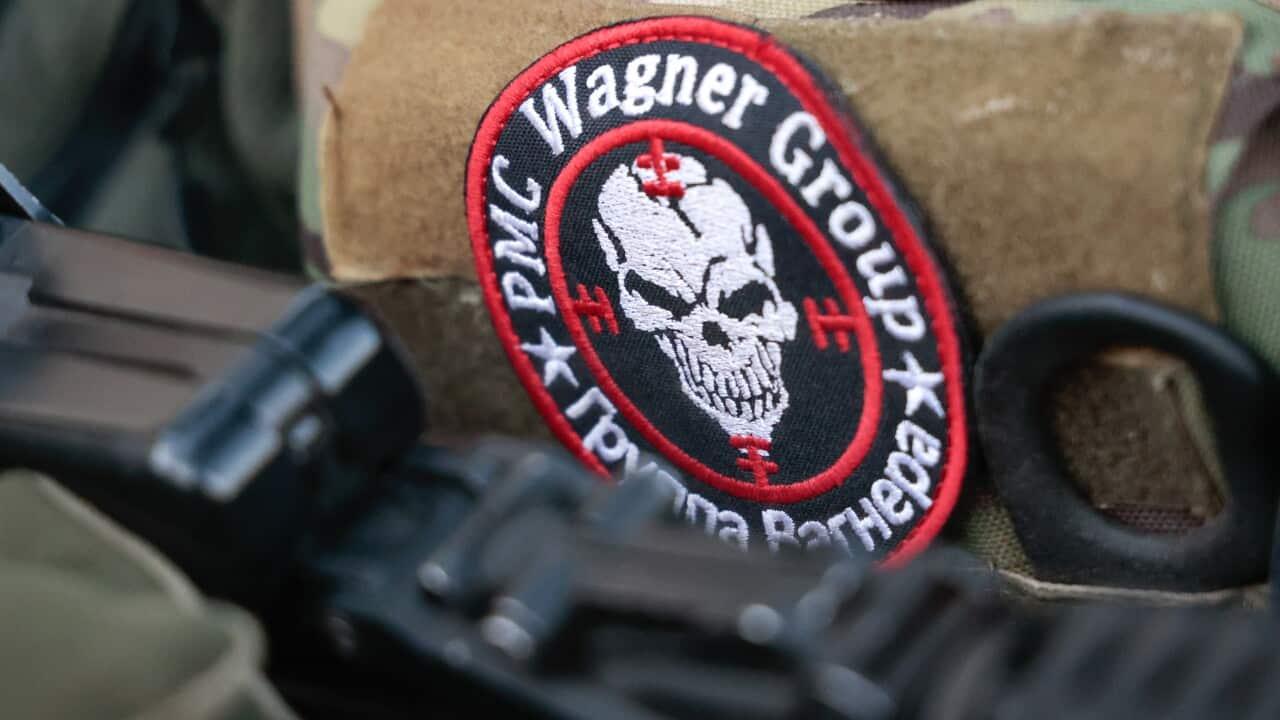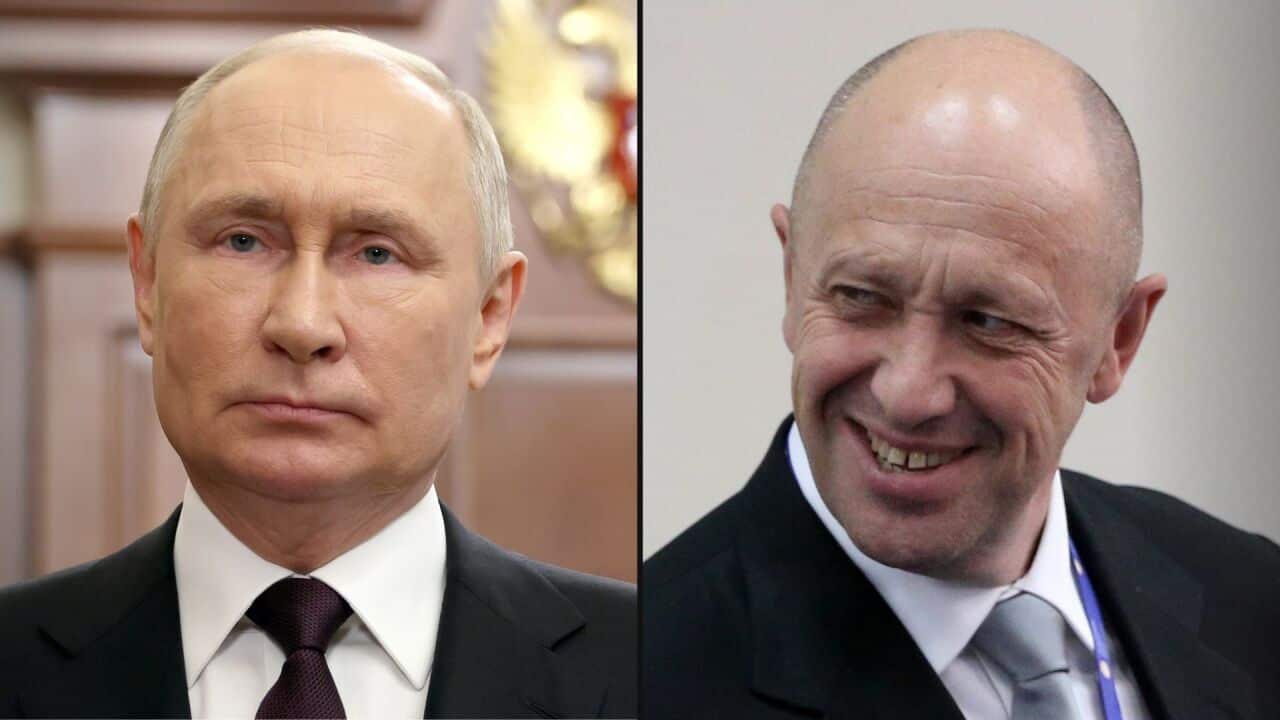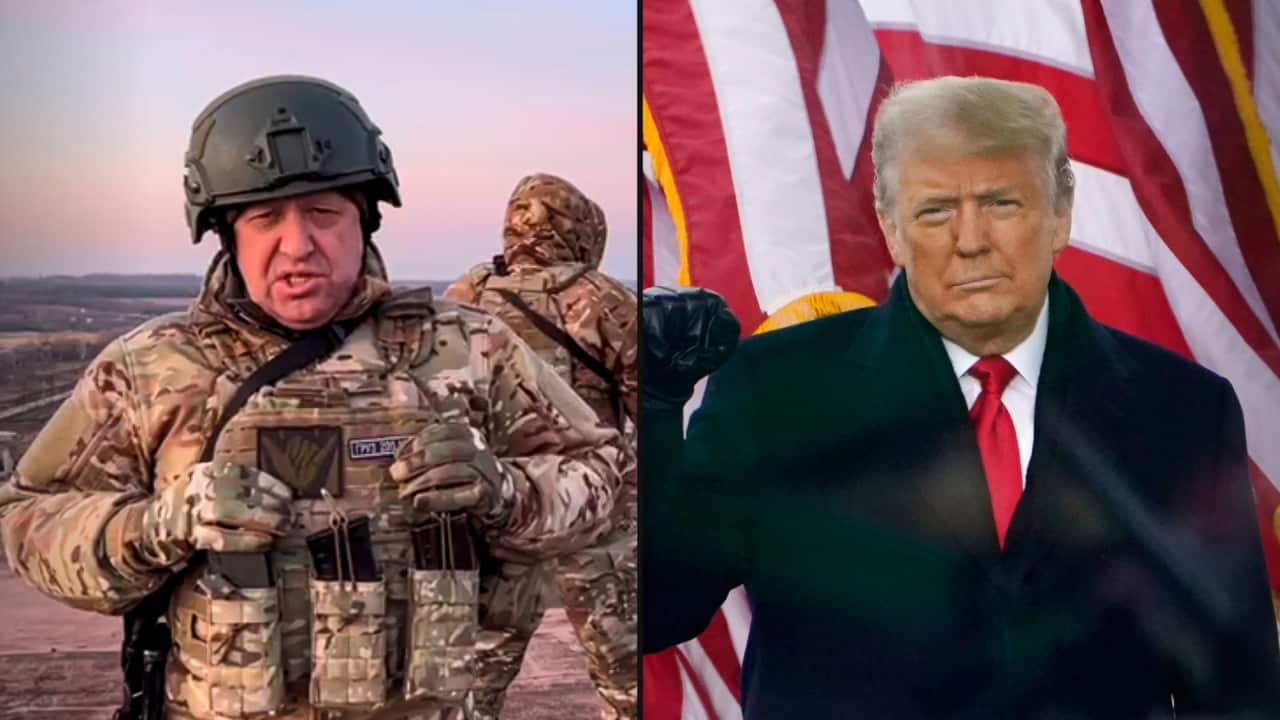Key Points
- Yevgeny Prigozhin's apparent death is being almost universally treated as a likely assassination by the Russian state.
- The incident has stoked rumours of retaliation from Wagner's army, some of whom are already calling for action.
- Some experts believe Prigozhin's death puts Putin in a stronger position. Others think it undermines his image.
Even in Russia, where facts are fluid and nothing is ever black and white, there is a remarkable number of unknowns regarding the alleged death of Yevgeny Prigozhin.
On Wednesday, a private jet that was reportedly carrying the Wagner boss and a handful of other high-ranking leaders crashed less than 100 miles northwest of Moscow – exactly two months after the mercenary group launched an abortive mutiny against President Vladimir Putin.
Putin publicly , expressing his “sincere condolences to the families of all the victims” and describing Prigozhin as a “talented man” who “made serious mistakes in life".
While Putin characterised the crash as a “tragedy", many others are interpreting it as something more: a thinly veiled assassination orchestrated by the Russian state.
This would not be an entirely shocking development. Those who fall afoul of Putin have a
Yet one of the many questions is whether Prigozhin’s death - or even the mere perception of his alleged murder at the hands of the Russian state - would be good or bad for Putin, who is waging a beleaguered war in Ukraine while combating diminishing support on the home front. Would such an incident strengthen his position, or weaken it?
For that, too, the answers are murky.
“It depends to some extent what happens next,” Mark Edele, a historian of the Soviet Union and Hansen Professor in History at the University of Melbourne, told SBS News - pointing out that it was not only Prigozhin who was aboard the ill-fated flight from Moscow to St Petersburg, but also most of Wagner Group’s top brass.
“They [Russia] essentially decapitated the Wagner Group, and the question is how well they have prepared for the rest of what would come next,” he said.
“I.e: have they neutralised Wagner enough that they will not be able to rebel another time? It does look very much as if that might be the case, but we don't know that yet.”
Edele explained that regardless of whether the Russian state was responsible for the incident, the positive or negative fallout for Putin hinges on whether Wagner is left with enough power to launch a meaningful retaliation.
If the leadership of Wagner’s so-called “private army” – a powerful but somewhat recalcitrant force – has been all but wiped out, then Putin likely now finds himself in a stronger position than before. As Edele put it, he will have “essentially reestablished the state's monopoly of violence".

Yevgeny Prigozhin is thought to have died in a plane crash near Moscow on Wednesday - exactly two months after he launched an unsuccessful coup against Russia's military leaders. Credit: Prigozhin Press Service
“There have been two kinds of threats floating around Russian social media,” he explained. “One is … march on Moscow, as they had done during the rebellion. One would imagine that the authorities are prepared for something like that. The other threat that has been floating around is that they have some kind of compromising materials about the president, and that would be released.”
Edele speculated a third possible outcome that might follow from the toppling of the Wagner leadership: that the group, made up of mercenaries and guns for hire, could partially fragment into a handful of terrorist cells.
“That is not something, as far as I'm aware, any of the Wagner troops have threatened so far,” he explained. “But it's a possibility, if you have these quite militant and potentially extreme right groups, that you would see some kind of right-wing terrorism emerge in Russia as a result.”
While it is as yet unclear whether any of these threats will materialise, Edele suggested that things could move quickly.
“If there's a serious challenge from Wagner, it would happen in the next couple of days, one would imagine,” he said.
Others, meanwhile, indicated that the optics of the incident could damage Putin, who despite growing currents of resentment among the Russian people still enjoys widespread support.
Olga Oleinikova, a senior lecturer in politics and social sciences at the University of Technology Sydney, pointed out that by showing leniency towards Prigozhin and offering him exile to Belarus, only to potentially have him assassinated two months later, Putin may have tarnished his reputation in the eyes of the populace.
“This incident doesn't make Putin stronger in any way; it makes him look weaker,” Oleinikova told SBS News. “I think it undermines Putin very, very much. I don't think it's a smart decision in any way. And I'm surprised, actually, that it happened. Because they [Wagner] should have guaranteed precaution. They [Prigozhin and Putin] shook hands just like two months ago.”
“It shows that in Russia you can't trust Putin.”
Oleinikova said that while the incident may appear to yield some short-term benefits, insofar as it neutralises the Wagner threat while sending a firm message to any other would-be mutineers, the outcome will ultimately be bad for Putin.
“If he's involved, and if it's Russian forces that are involved, probably they did it to protect themselves for the future,” she said. “But I feel it will play against Putin in the long run.”
It remains too early to tell. Wagner members are calling for action on social media, and some appear to be mobilising to avenge Prigozhin’s death, but it’s still unclear whether the group has the power or the resources to follow through on their sabre-rattling.
The exact circumstances of Prigozhin’s death, too, are likely to remain shrouded in mystery.
In its first comments regarding the fatal plane crash, the Kremlin on Friday denounced accusations that the Russian state was behind the incident. It also declined to definitively confirm Priogzohin's death, citing the need to wait for test results.
"There is now a great deal of speculation surrounding this plane crash and the tragic deaths of the plane's passengers, including Yevgeny Prigozhin," Kremlin spokesman Dmitry Peskov told reporters.
"Of course, in the West, all this speculation is presented from a well-known angle. All of this is an absolute lie, and here, when covering this issue, it is necessary to base yourself on facts."
"There are not many facts yet," Peskov added. "They need to be established in the course of investigative actions."
Russian investigators have opened a probe into the crash, without revealing their suspicions as to what caused the plane to suddenly fall from the sky. Peskov also said it was unclear how long the tests and investigative work would take.
Amid these compounding uncertainties, Oleinikova noted that, if nothing else, the incident shows "what a can of worms Russia is at the moment" - and how treacherous the situation currently is within the country's borders.
“It just shows how it's so dangerous to be in Russia,” she said, “to be involved in anything related to government.”













